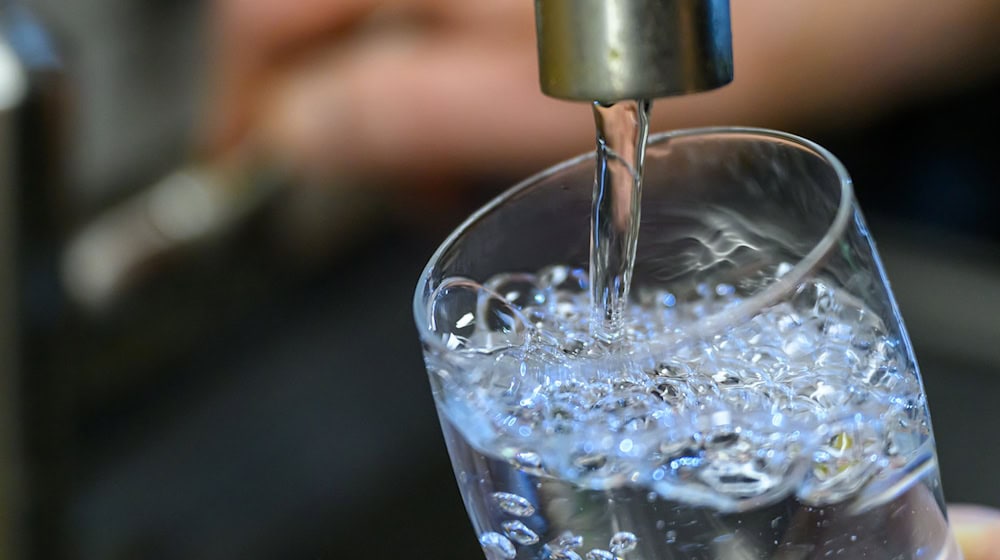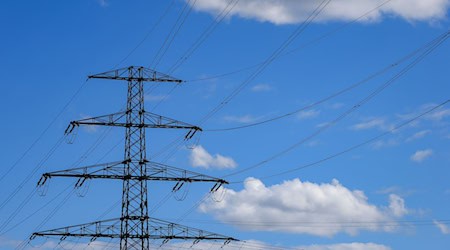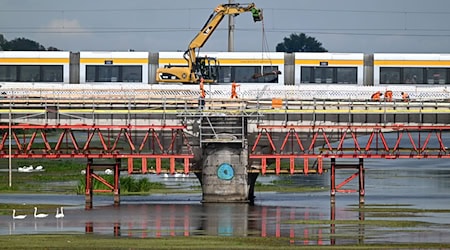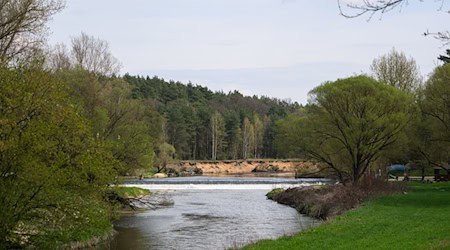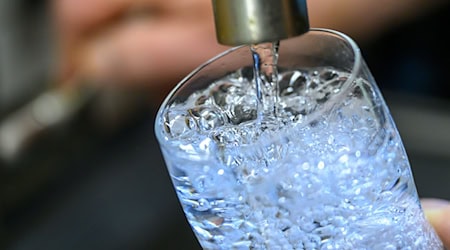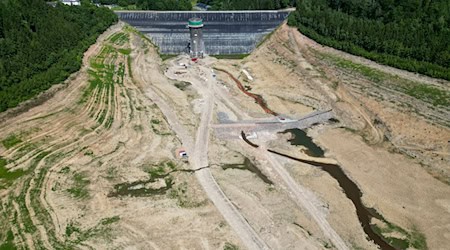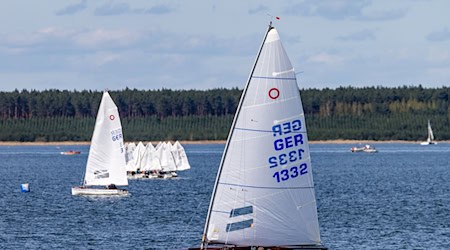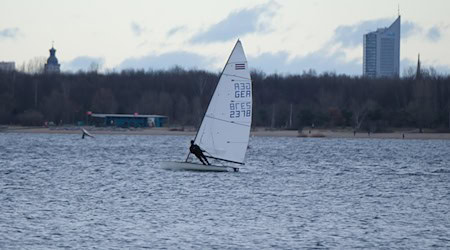Supplier Eins is still unable to give the all-clear when it comes to germ contamination in the drinking water in Chemnitz. There is still "no permanently stable, germ-free result in the samples", the company states on its website. It is also still unclear how the bacterium "Serratia fonticola" got into the drinking water network. The investigation into the cause is ongoing.
The environmental germ was discovered during inspections at the beginning of July. The supplier then flushed and disinfected its pipe network on a daily basis. This has improved the situation - but not until the all-clear has been given.
Risk groups must boil drinking water
People with severely impaired immune systems must therefore continue to boil their drinking water. According to the information provided, this affects people who have undergone stem cell and organ transplants, patients undergoing chemotherapy, people with congenital immunodeficiencies or leukemia, as well as newborns and premature babies.
1,500-kilometre-long pipeline network
Eins says it operates a network of drinking water pipelines in Chemnitz that is around 1,500 kilometers long. This includes a number of elevated tanks and pumping stations. These supply around 250,000 people with drinking water. The annual consumption is around 10.8 million cubic meters.
Copyright 2025, dpa (www.dpa.de). All rights reserved

